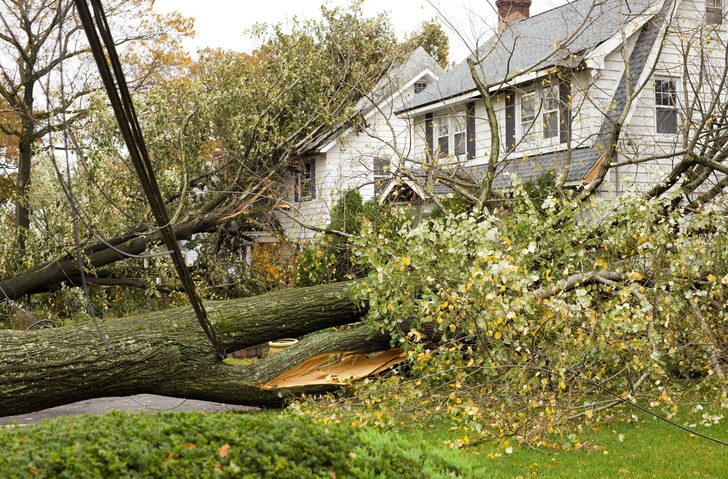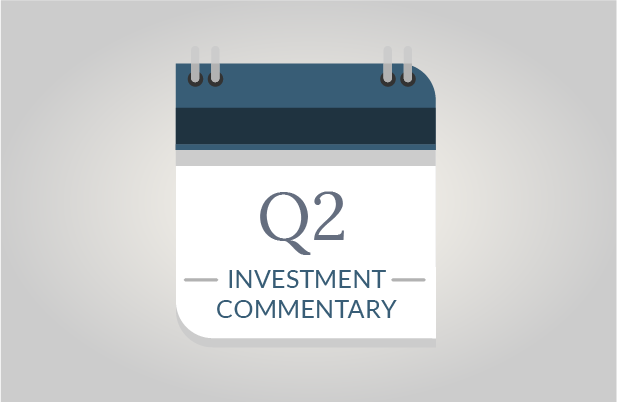The housing market has soared in recent years, with the largest percentage price increases in modern history. The market is so strong that bidding wars and contingency waivers are common in hopes of winning a contract bid. The combination of extremely high prices and rising interest rates (now in the 5% to 6% range) have many potential buyers questioning if it makes sense to buy in today’s hot housing market. We encourage you to thoroughly consider the financial realities of home-buying that we outline below to answer this question.
Growth Requirements to Breakeven on a Home Purchase
One of the first things to understand is that houses need to appreciate by approximately 10% in order to breakeven on your investment (not lose money) due to transaction costs. The buyer’s costs are fairly nominal, typically around 2%. However, the seller’s costs are higher, closer to 8% as the seller typically pays all of the real estate agent commission fees. When you combine the fees on both the buy and sell sides of owning a property, they total about 10%. As an example, if you buy a $1 million home, it needs to appreciate to $1.1 million just to breakeven after fees.
How Long Do You Plan to Own the Property?
The answer as to whether it makes sense to buy in a hot market largely depends upon how long you plan to own. This decision requires a lot of thought about your life now and in the future, the location of the home, its amenities, etc.
We generally only recommend buying a home if you plan to own it for at least five years (in hopes of achieving at least the 10% growth required to breakeven as noted above). However, in a strong market like today, we advise clients to consider if they would be comfortable owning the property for ten years, recognizing that prices might fall before they rise again. If prices do fall, it could take a period of time (perhaps several years) to regain your investment value.
Therefore, it’s important to evaluate:
- How livable is the property?
- How long do you plan on being in the area?
- Might your housing requirements change or increase over the next ten years, and can the house accommodate those needs?
If you foresee yourself in the home ten years from now or longer, it very well might make sense to buy today as you should be able to ride out any market downturn while still securing an attractive mortgage rate. Rates have risen, but they are still modest from a historical perspective.
Conversely, if you see yourself moving in a few years, you need to go into the home purchase knowing that you could face a loss on the property if the housing market declines and you sell the home before it recovers.
Should You Choose a 30-Year Fixed Rate Mortgage or an Adjustable Arm?
We generally recommend choosing a 30-year fixed mortgage. Rates are higher today than they were a few months or years ago. However, from a historical perspective, they’re still fairly low.
If you elect an adjustable rate mortgage (ARM), you’re taking the risk of either selling the property before the term expires or accepting higher mortgage rates when the term expires. This makes it critically important to evaluate how long you plan to own the home.
From a pricing perspective, the differential in an adjustable versus a fixed rate mortgage is becoming more marginal (offering less benefit). Furthermore, we recommend the following:
- Ask about points or higher fees attached to an adjustable rate mortgage that might make it more expensive than it appears based upon the rate alone.
- Know how high the interest rate can fluctuate after the term expires. Sometimes there’s a maximum rate cap, but not always.
How Risky Is the Current Housing Market?
We believe there is definite risk in the current housing market given the height of prices, rising mortgage rates (making borrowing more expensive) and declining affordability. The demand for large and additional space during and coming out of Covid has sent the housing market skyrocketing. The number of second home, investment property and advance retirement home purchase has been exorbitant. The volume of second home purchases was running so high that mortgage parameters were modified in hopes of tempering second home mortgage risks. Down payment and mortgage fees were both increased to help reduce risks in the second home market. We question how many people who bought additional properties will want to retain ownership long-term or can afford to do so.
On the upside, we don’t anticipate a repeat level of mortgage defaults as compared to the 2008 housing crisis. This is because mortgage lending standards were significantly tightened post-2008, requiring higher down payments and embedding far more stringent underwriting.
Could You Become Upside Down in Your Home?
It’s one thing to lose money on a property because you don’t get back the same amount as what you paid for the house, net of fees. Becoming upside down on a house is far more significant as it typically means that you owe more than the value of the home. This happened to many homeowners during the 2008 housing crisis.
The risks of becoming upside down depend upon how much you put as a down payment, how much you borrow and how much the value of the home fluctuates. If the value of the house after selling costs falls below the value of your mortgage, you could owe more on the property than what you would receive for selling it (meaning you owe money upon the sale).
Hopefully this type of risk is lower in today’s market as down payment requirements are much higher than pre-2008. The higher the down payment, the greater the buffer against becoming upside down in a property.
Does an Investment Property Make Sense?
We seldom see investment property purchases that makes sense in the current environment, unless you are selling an existing investment property and buying a new property to qualify for 1031 exchange to defer capital gains.
From an investment perspective, rents are high right now, but so too is the cost of buying. Investment property owners might not face any taxable income due to depreciation benefits. However, they might not recognize much true cash flow after mortgage payments, property taxes, insurance costs, HOA or condo fees and maintenance. It’s important to evaluate your cash flow return on investment versus only banking on future appreciation potential.
Buying a property is a significant decision as it generally represents one of the largest assets you own, if not the largest. For that reason, it’s important to give careful consideration to potential home purchases, especially in today’s market. SageVest Wealth Management advises clients on all facets of their finances, including housing decisions relative to their current and long-term financial objectives. Please contact us if you would like to learn more.




